Retro Replay Review
Gameplay
Menateus delivers a unique blend of exploration and puzzle-solving set against the backdrop of EXPO 2000. From the moment you step into the exhibition grounds, you’re tasked with navigating time portals and gathering hidden puzzle pieces to dispel the “fog of indifference” threatening Earth. Movement feels intuitive, as you jump between the Cyberdome’s neon corridors, the elemental grandeur of the palace, and the enigmatic chambers of the mystic pyramids. Each environment presents its own set of interactive challenges, encouraging you to experiment with objects, levers, and cryptic symbols until you unlock the next sequence.
(HEY YOU!! We hope you enjoy! We try not to run ads. So basically, this is a very expensive hobby running this site. Please consider joining us for updates, forums, and more. Network w/ us to make some cash or friends while retro gaming, and you can win some free retro games for posting. Okay, carry on 👍)
Puzzles range from logic grids and pattern matching to spatial manipulation, requiring both patience and creativity. The game’s pacing is generous, allowing ample opportunity to revisit earlier areas with new tools or clues discovered later in your journey. This non-linear approach fosters a satisfying “aha” moment when a previously impassable door finally clicks open. However, newcomers to the genre may find some sections steep in difficulty, as hints are sparse and the fog mechanic can obscure critical items at times.
Time travel itself operates seamlessly, thanks to a simple interface where you select your target era or location on a stylized map. Each jump incurs an energy cost tied to the fog’s strength, adding a strategic layer—you must balance exploration with conservation of “time fuel.” Optional side objectives, such as collecting exhibition memorabilia or deciphering historical tidbits, enrich the main quest without feeling tacked on. Overall, Menateus’ gameplay loop of discovery and puzzle completion remains engaging throughout, striking a fine balance between challenge and reward.
Graphics
Graphically, Menateus reflects the turn-of-the-millennium aesthetic with low-polygon models and pre-rendered backgrounds. While textures may appear dated by today’s standards, the art direction shines through vibrant color palettes and imaginative level design. The Cyberdome glows with cool blues and purples, evoking a futuristic digital realm, whereas the palace of elements bursts with fiery oranges, deep aquamarines, and lush greens—each hall representing earth, air, fire, and water in dynamic relief.
The pyramids of mystic rely heavily on shadow interplay and symbolic hieroglyphic patterns, creating an atmosphere of ancient mystery. Light shafts pierce dusty air, and subtle particle effects hint at hidden energies within the stone walls. Although frame rates can dip during more complex areas on modern hardware, the overall visual presentation remains striking. Menateus occasionally uses animated cutscenes—composed of still images with panning cameras—to underscore key plot beats, adding narrative weight despite limited animation.
User interface elements are clean and informative, with an on-screen compass, inventory slots, and a minimal HUD that keeps the focus squarely on environmental immersion. Pop-up tutorial boxes are clear and concise, though infrequent, reinforcing the game’s design ethos of “learn by doing.” In sum, Menateus’ graphics may not rival contemporary blockbusters, but its creative use of color, light, and environmental storytelling makes for a memorable visual adventure.
Story
At its core, Menateus invites players to become ambassadors of change during EXPO 2000’s grand showcase in Hannover. The narrative is built around a metaphorical “fog of indifference” that saps humanity’s will to innovate and protect the planet. Your mission: harness the exhibition’s spirit by retrieving scattered puzzle fragments across time and space. While the premise feels earnest and a touch allegorical, it resonates through beautifully crafted environments and well-placed narrative logs.
Each location ties back to a larger theme. In the Cyberdome, you uncover how technology can both isolate and empower; in the palace of elements, you witness humanity’s historical reverence for earth’s primal forces; and within the mystic pyramids, you touch upon age-old wisdom about unity and stewardship. NPCs—ranging from robotic guides to holographic oracles—offer cryptic advice, steering you toward enlightenment rather than spoon-feeding solutions.
Though voice acting is minimal, text dialogues and atmospheric soundscapes paint a clear picture of urgency and hope. The storyline’s progression is intertwined with your puzzle successes: each recovered piece not only advances the plot but visually clears a portion of the fog, driving home the sense that your actions have tangible impact. Menateus strikes a thoughtful balance between educational message and interactive fun, making the journey as intellectually stimulating as it is entertaining.
Overall Experience
Menateus stands out as an ambitious edutainment title that marries environmental messaging with cerebral gameplay. Its strengths lie in its well-designed puzzles, evocative settings, and the rewarding sensation of dispelling the proverbial fog one fragment at a time. While the difficulty curve can be spiky and its graphics show their age, the game’s core loop remains satisfying for those who appreciate methodical exploration over flashy action.
Replay value hinges on a desire to fully uncover every hidden collectible and decode supplementary lore, which can extend play sessions for completionists. For casual players or families, the moderate complexity of certain puzzles may necessitate walkthroughs, but the sense of accomplishment upon solving them is undeniable. Menateus also serves as a curious time capsule, showcasing late-1990s/early-2000s design philosophies in both interface and level structure.
Ultimately, if you’re seeking a thoughtful journey through thematic worlds that champion sustainability and human ingenuity, Menateus delivers an experience unlike most contemporary titles. Its blend of time-travel mechanics, thematic variety, and educational underpinnings make it an intriguing choice for puzzle enthusiasts, history buffs, and anyone drawn to the spirit of Expo ’00. Step in, clear the fog, and rediscover the power of curiosity—and you may just save the planet in the process.
 Retro Replay Retro Replay gaming reviews, news, emulation, geek stuff and more!
Retro Replay Retro Replay gaming reviews, news, emulation, geek stuff and more!
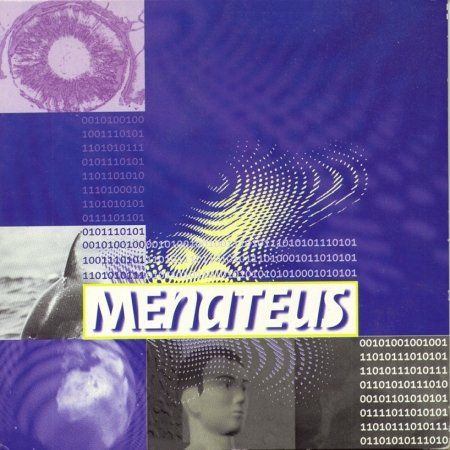
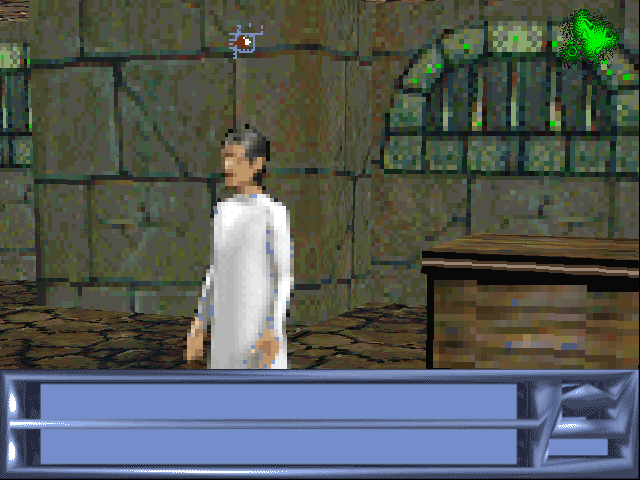
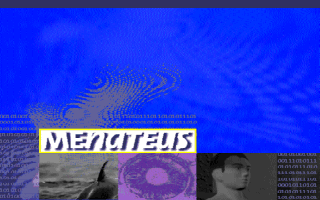

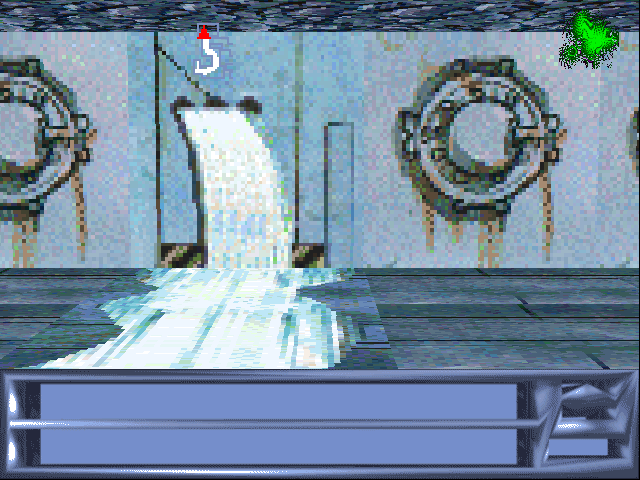
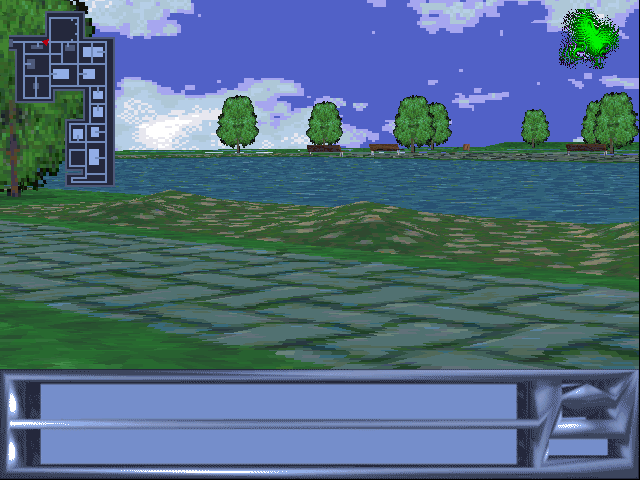



Reviews
There are no reviews yet.